Apple's iPhone 15 launches in China with people flocking to stores — even as Huawei revival emerges
People flocked to an Apple store on Friday to pick up the latest iPhone, despite market worries that nationalistic fervor would dampen the U.S. company's sales in China.
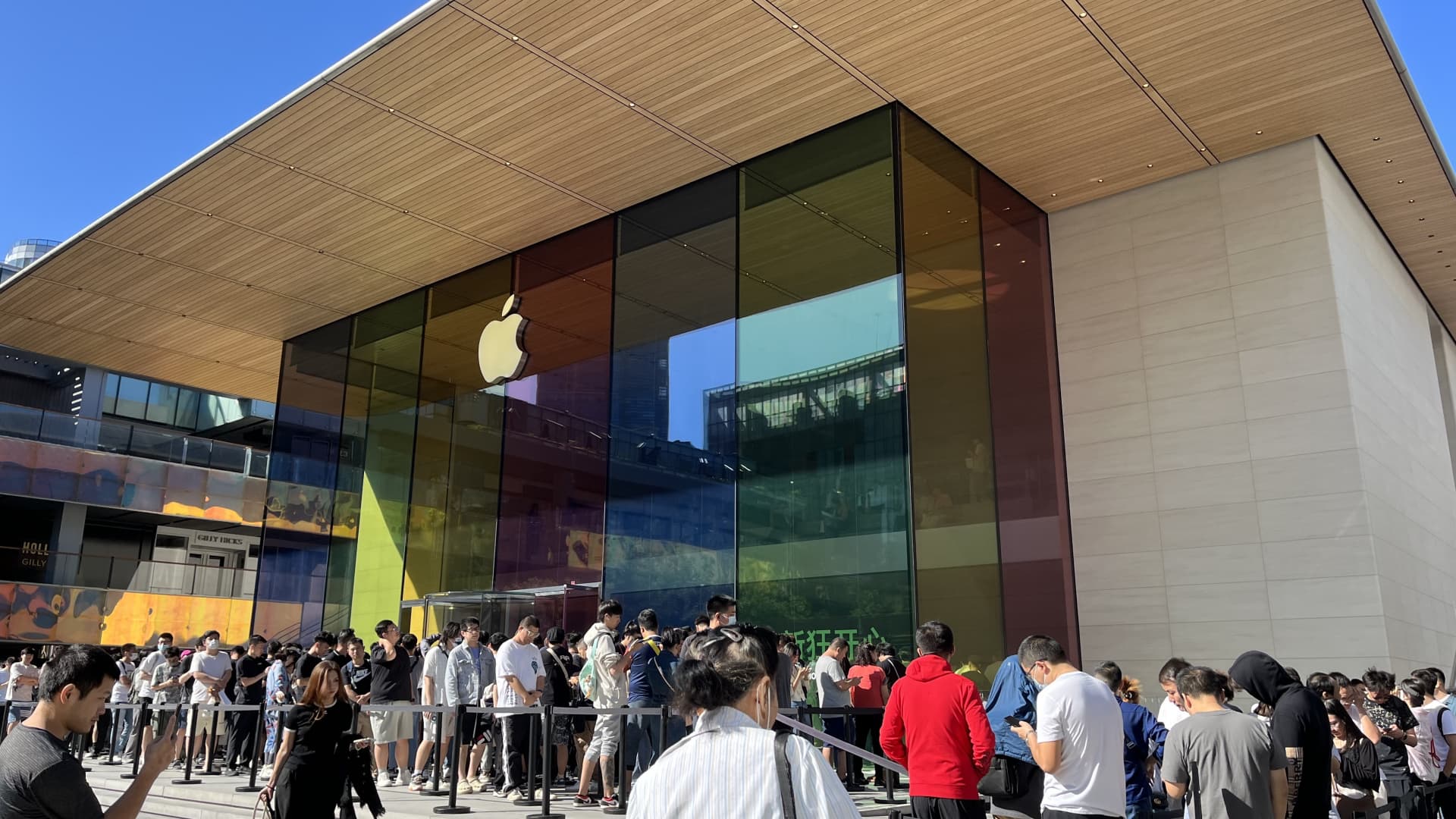
Hundreds of people lined up at a flagship Apple store in Beijing to pick up the new iPhone 15 when deliveries began on Friday.
CNBC | Evelyn Cheng
BEIJING — People flocked to a flagship Apple store in downtown Beijing on Friday morning to pick up the latest iPhone, despite market worries that nationalistic fervor would dampen the U.S. company's sales in China.
Many also ordered the phone for delivery. As of 10 a.m. Beijing time on Friday, iPhone 15 sales via JD's Dada one-hour delivery app surged by 253% versus that of the iPhone 14 last year, Dada said.
In the first 10 minutes after deliveries began at 8 a.m., the company said 25,000 phones were on their way to customers. Dada said this year it is working with 4,600 authorized Apple retailers in China — up from 500 in 2020.
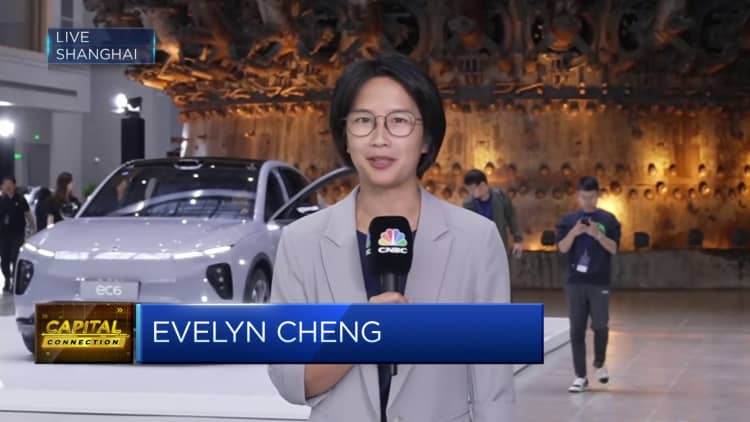
Apple started delivering the iPhone 15 on Friday after pre-orders began on Sept. 15. This year's release comes as the smartphone giant faces economic and political headwinds in its third-largest market.
About two weeks prior to Apple's launch event this month, Chinese telecommunications giant Huawei quietly released its Mate 60 Pro in China with a reportedly 5G-capable chip from SMIC. That's despite U.S. sanctions since 2019 which have almost wiped out Huawei's smartphone business.
However, for people waiting in line at the Apple store, there was a general ambivalence about the phone brand.
One man, surnamed Zhao, said he'd wanted to buy Huawei's new phone, but it sold out the moment he tried to buy it online. "Since I couldn't get the Mate 60 I decided to get the new iPhone instead," he said in Mandarin, translated by CNBC. "I don't think there's too much of a difference."
I don't feel it's patriotic to get one brand or another. Don't Huawei and Apple both pay taxes to China?
Zhao
iPhone buyer in China
Zhao declined to share his first name due to the sensitivity of the matter. He was 10th in line at the Apple store in Sanlitun, Beijing, and said he arrived at 6:30 a.m. The first person in line, who also requested anonymity, said he'd arrived at 1 a.m.
Huawei's phone might slow down in about two to three years, while Apple's system might last a bit longer — maybe four to five years, according to Zhao. "But I'm going to change to a new phone in two to three years anyway, so it's about the same to me."
"I don't feel it's patriotic to get one brand or another. Don't Huawei and Apple both pay taxes to China? Apple probably pays more," he said. Zhao said he was planning to upgrade from his Huawei device to buy the iPhone 15 Pro Max, which has a list price of 9,999 yuan ($1,370).
Share slide
In early September, The Wall Street Journal reported, citing sources familiar with the matter, that central government employees were ordered not to bring iPhones to the office or use them for work. It was not clear how new or wide-reaching any such order was. Bloomberg, citing sources familiar with the situation, also reported a ban on iPhones at work could spread to other state-affiliated agencies.
China's Ministry of Foreign Affairs said the country hadn't issued bans on the purchase or use of Apple iPhones.
Based on the current pre-ordering results, we do see that Apple will still be resilient in its sales, though it faces challenges...
Will Wong
senior researcher at IDC
Apple did not immediately respond to a CNBC request for comment on the reports or its iPhone 15 sales in China.
Shares of Apple, the largest U.S. stock by market capitalization, are down by about 7% so far this month.
Strong iPhone 15 pre-sales
Apples' iPhone 15 pre-sales in China pointed to robust demand. Earlier this week, CNBC checks of online shopping sites JD.com and Alibaba's Tmall showed the more expensive iPhone 15 Pro and Pro Max were essentially sold out, with delivery wait times of about a month or more.
"Based on the current pre-ordering results, we do see that Apple will still be resilient in its sales, though it faces challenges like Huawei's new products and the absence of the usual buzz on China's social media," said Will Wong, senior researcher at IDC, a market research firm.
"We are expecting a 5%-6% YoY growth for Apple's overall shipments" in China in the second half of this year, he said. However, he noted pre-order results don't necessarily represent the final sales number and that last year, China was still dealing with Covid-19.
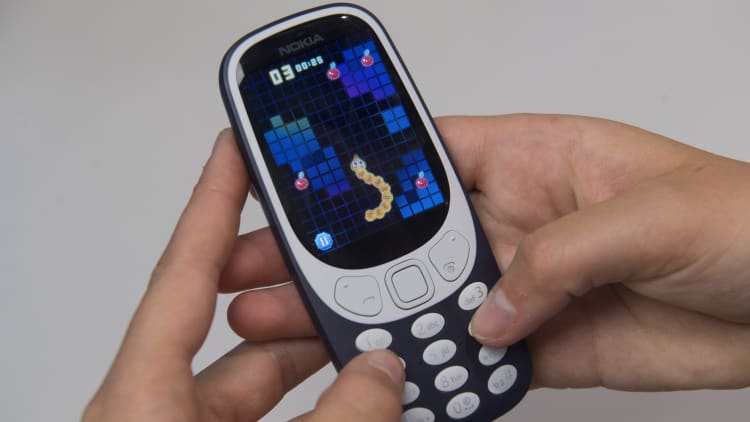
Consumers living outside big cities such as Beijing, Shanghai and Hangzhou also wanted to buy the new iPhone. Orders from less developed cities surged by six times versus last year, according to Dada.
Apple's China headwinds
China accounts for nearly 20% of Apple's revenue. The company's Greater China net sales rose by nearly 8% year-on-year to $15.76 billion in the second quarter, versus a 5.6% decline in the Americas market to $35.38 billion.
That's despite economic data that's pointed to a broader slowdown. China's retail sales rose by 4.6% in August from a year ago, following 2.5% growth in July.
On top of slowing growth in China, the market is highly competitive.
Huawei is set to hold a product launch on Monday. Foldables, a category Apple has yet to enter, have also grown popular in China.
Read more about China from CNBC Pro
Counterpoint Research's most optimistic outlook for Apple in China predicts a 4% year-on-year decline in Apple iPhone shipments in the fourth quarter.
The firm's worst-case scenario predicts a 15% year-on-year decline.
"We must acknowledge the existence of initial supply constraints, particularly for the Pro series. This has manifested in longer delivery times for pre-orders over the past two days," Tarun Pathak, research director at Counterpoint Technology Market Research, said in an email Wednesday.
"If these supply issues persist without a prompt resolution, it would necessitate us leaning towards the bearish case."
Pathak noted that Huawei's decline allowed the iPhone to "attract a massive number of consumers" in the $600-plus price category, and said iPhone 11 and iPhone 12 users would likely want to upgrade to the iPhone 15.
The firm said iPhone 15 pre-sales on JD.com exceeded 3 million units.
JD.com did not immediately respond to a CNBC request for comment.
However, Shanghai-based CINNO Research had a more pessimistic outlook as of Wednesday: A 22% drop in overall iPhone 15 unit sales versus that of the iPhone 14 in China.
That's still about 10 million iPhone 15s, for an expected total of 45.5 million iPhones sold in China this year, a 2% decline from a year ago, CINNO Research said.
CINNO blamed this on the "economic downturn" and impact of Huawei's new Mate 60 Pro. Indeed, there has been a lot of focus on Huawei's latest device. At its height, the Chinese technology giant was Apple's closest competitor in China's high-end smartphone market. Any kind of serious bid from Huawei to regain a foothold in China could add pressure on China.
"There's no doubt that the new Mate 60 series will be a challenge to the iPhone this year," Counterpoint Research's Pathak said.
— CNBC's Eunice Yoon contributed to this report.

 BigThink
BigThink 








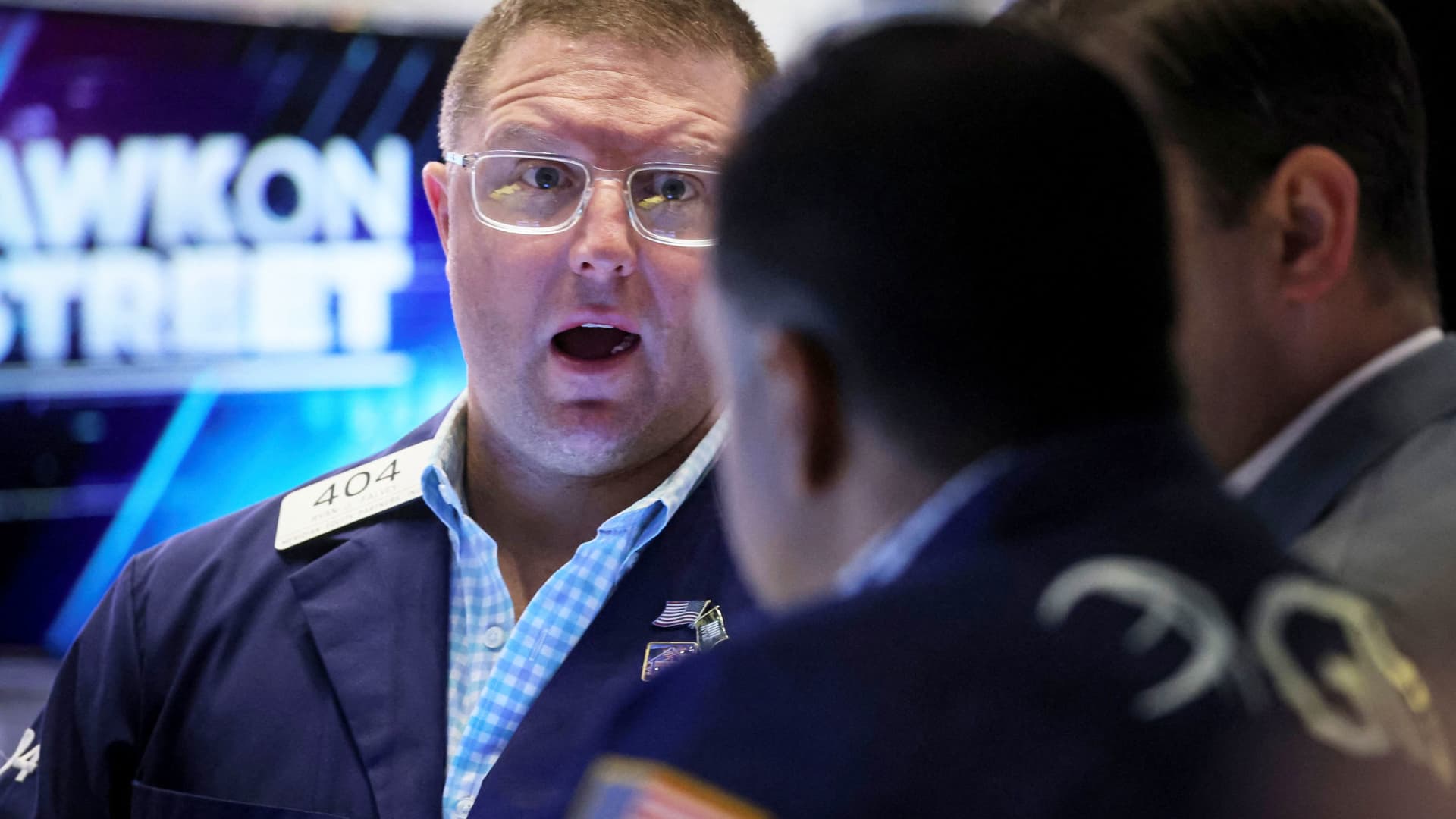

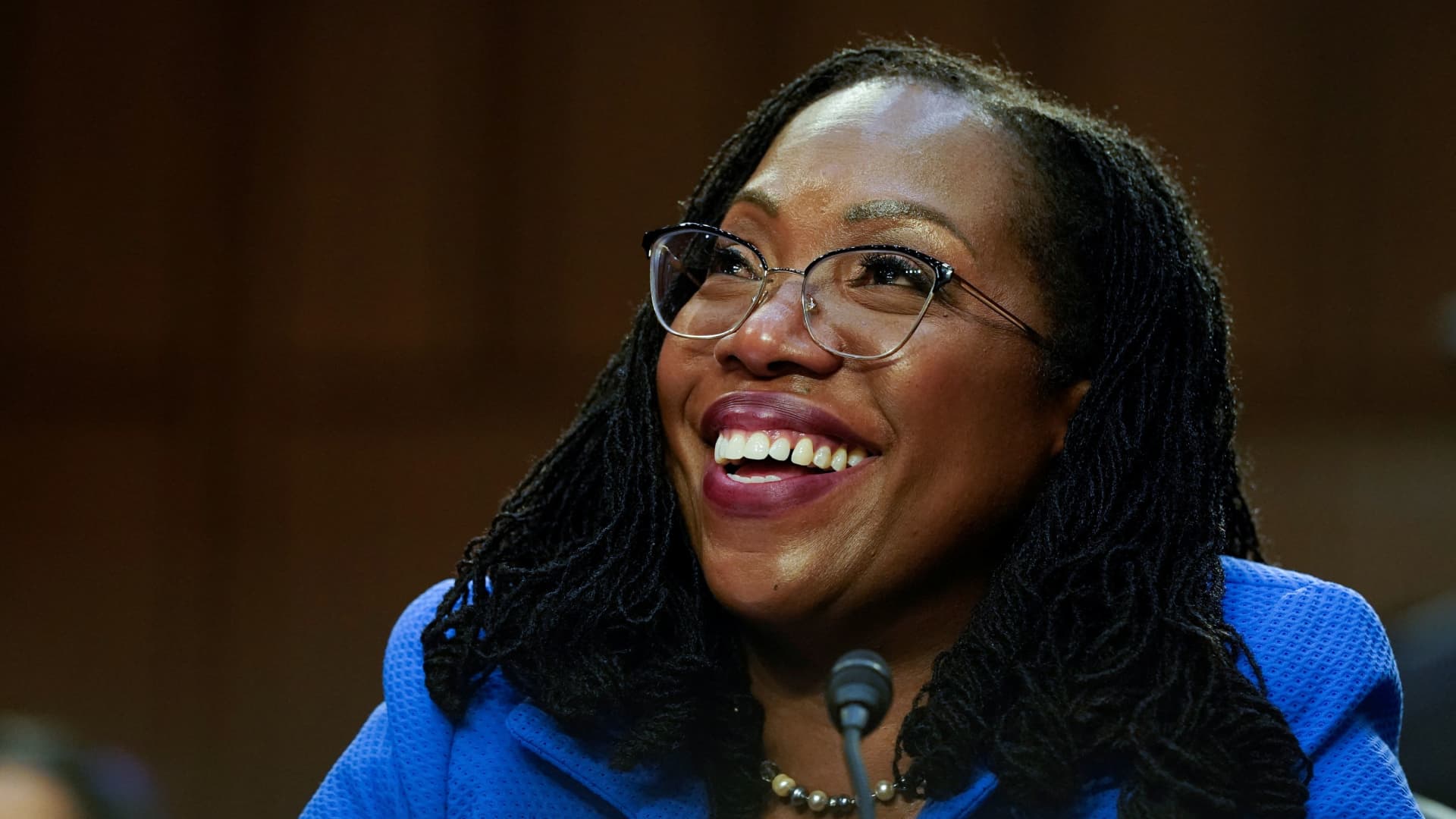
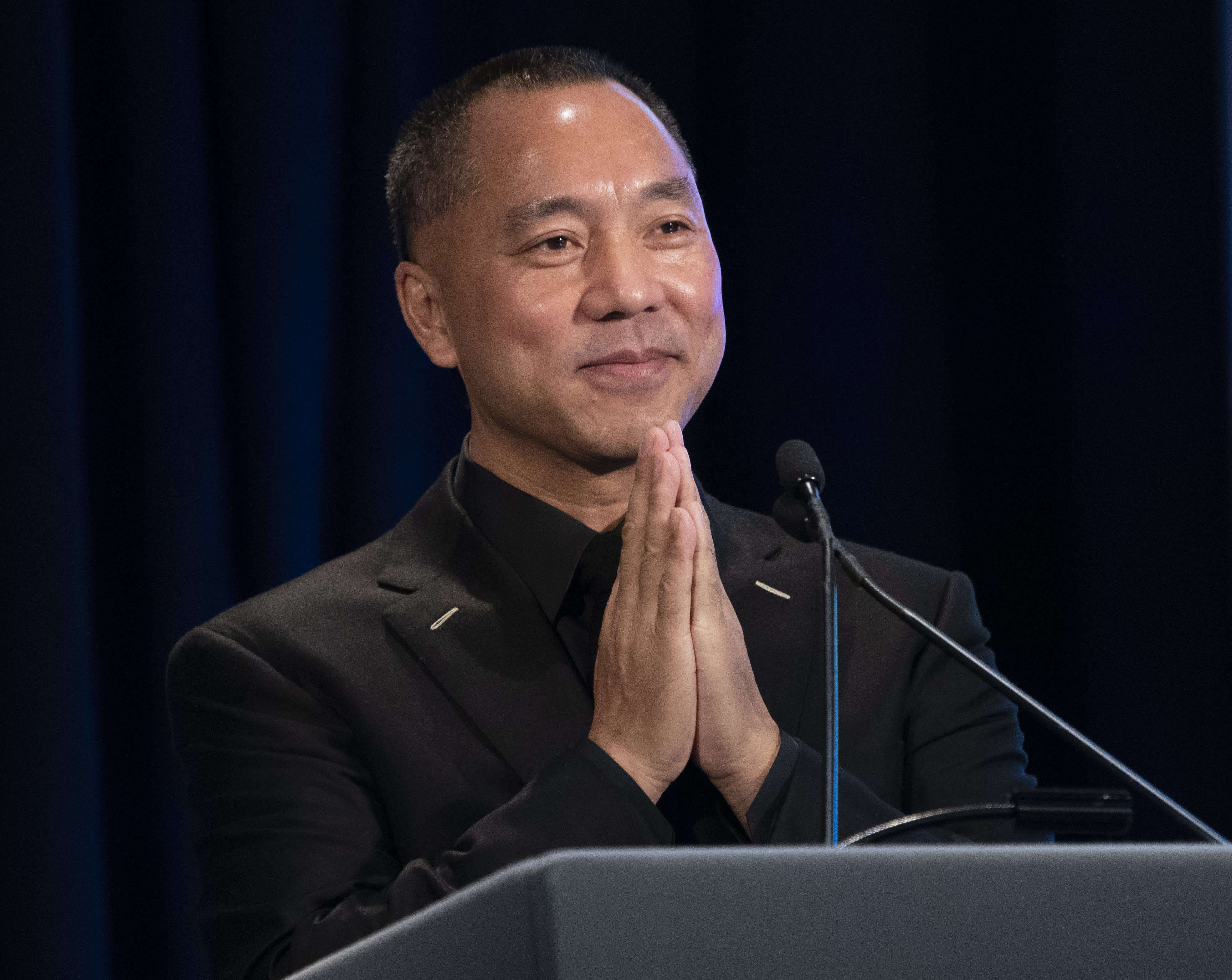
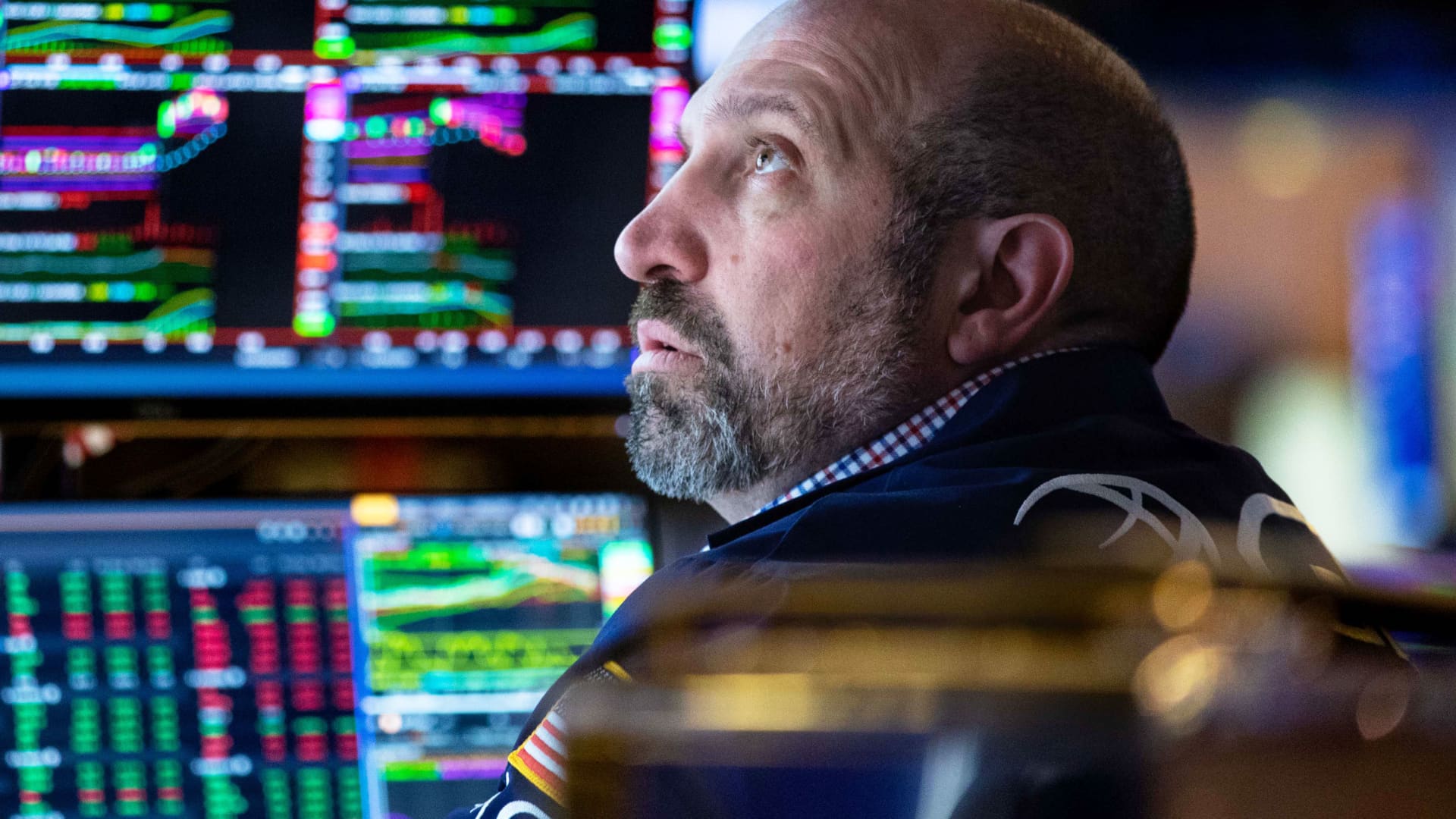











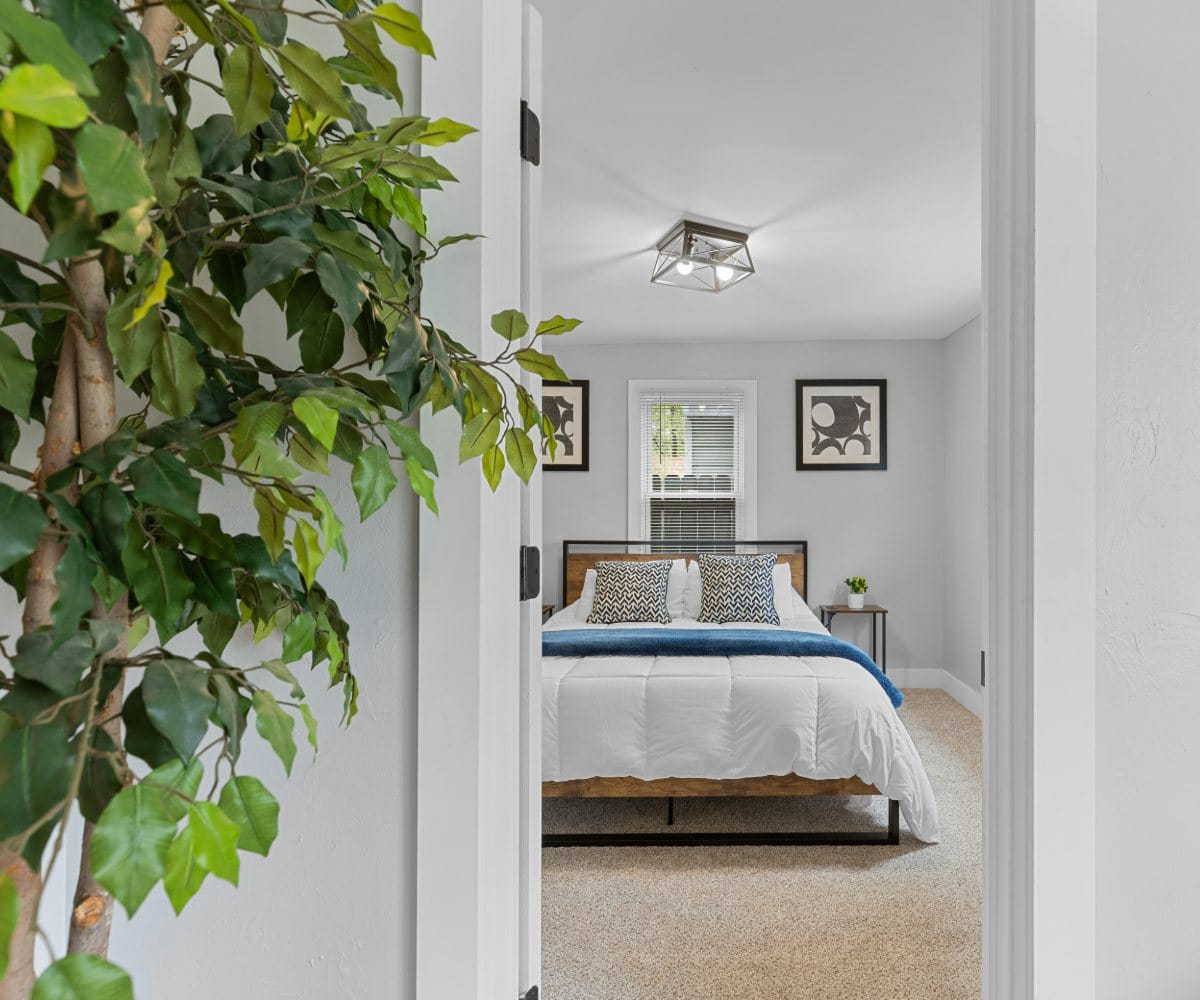


.jpg)




